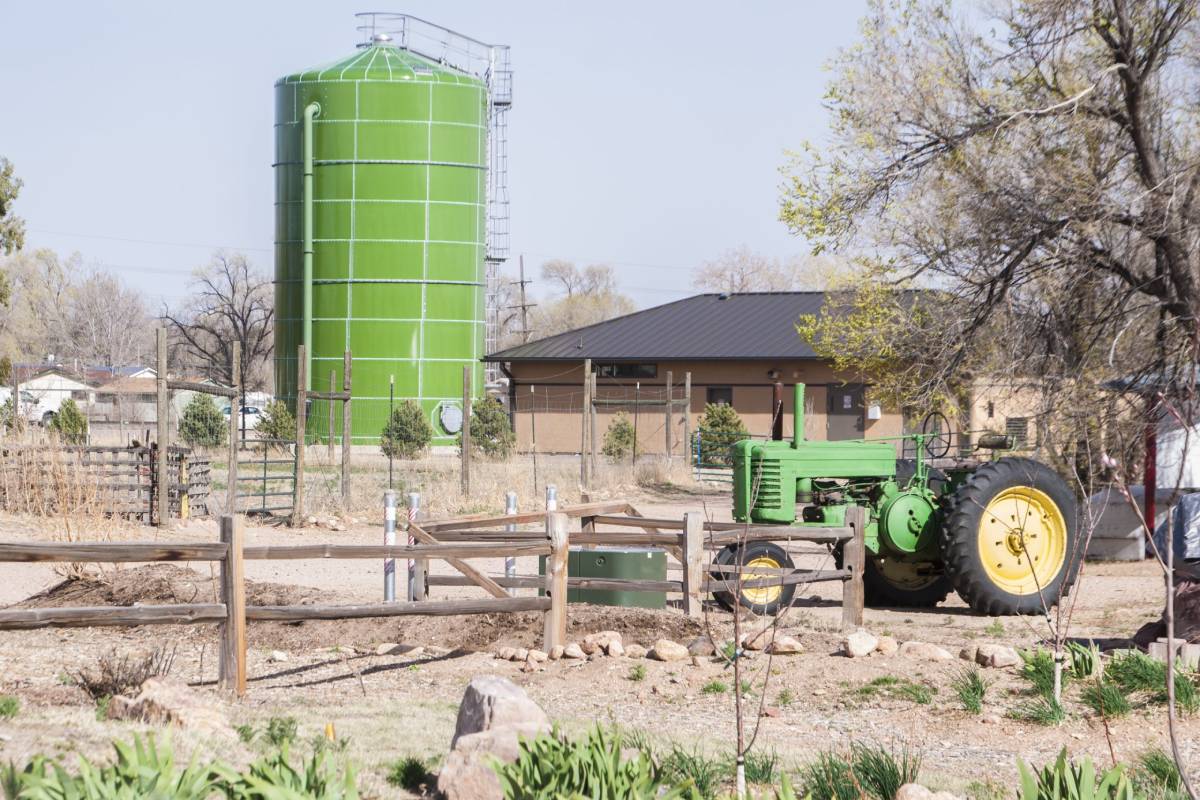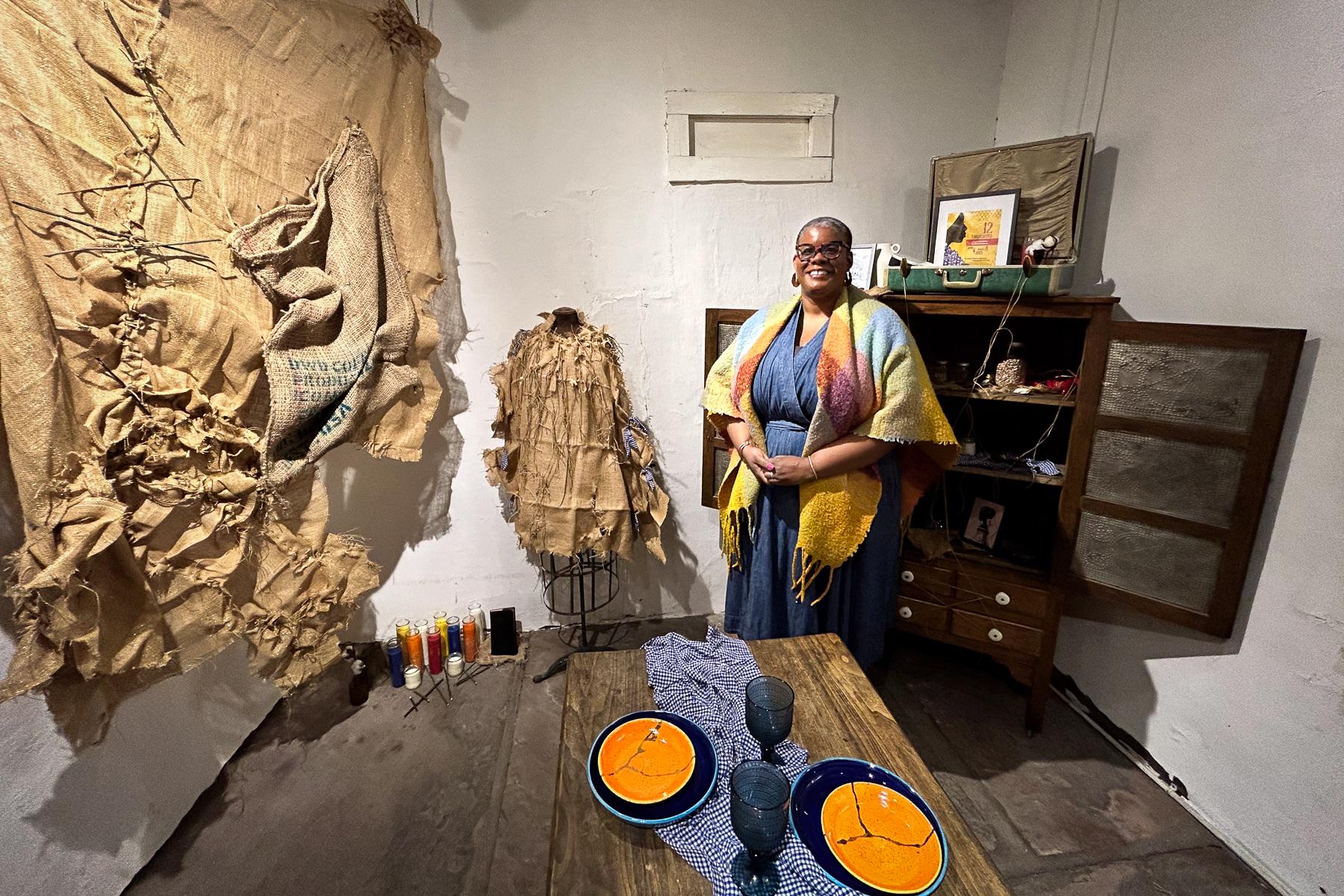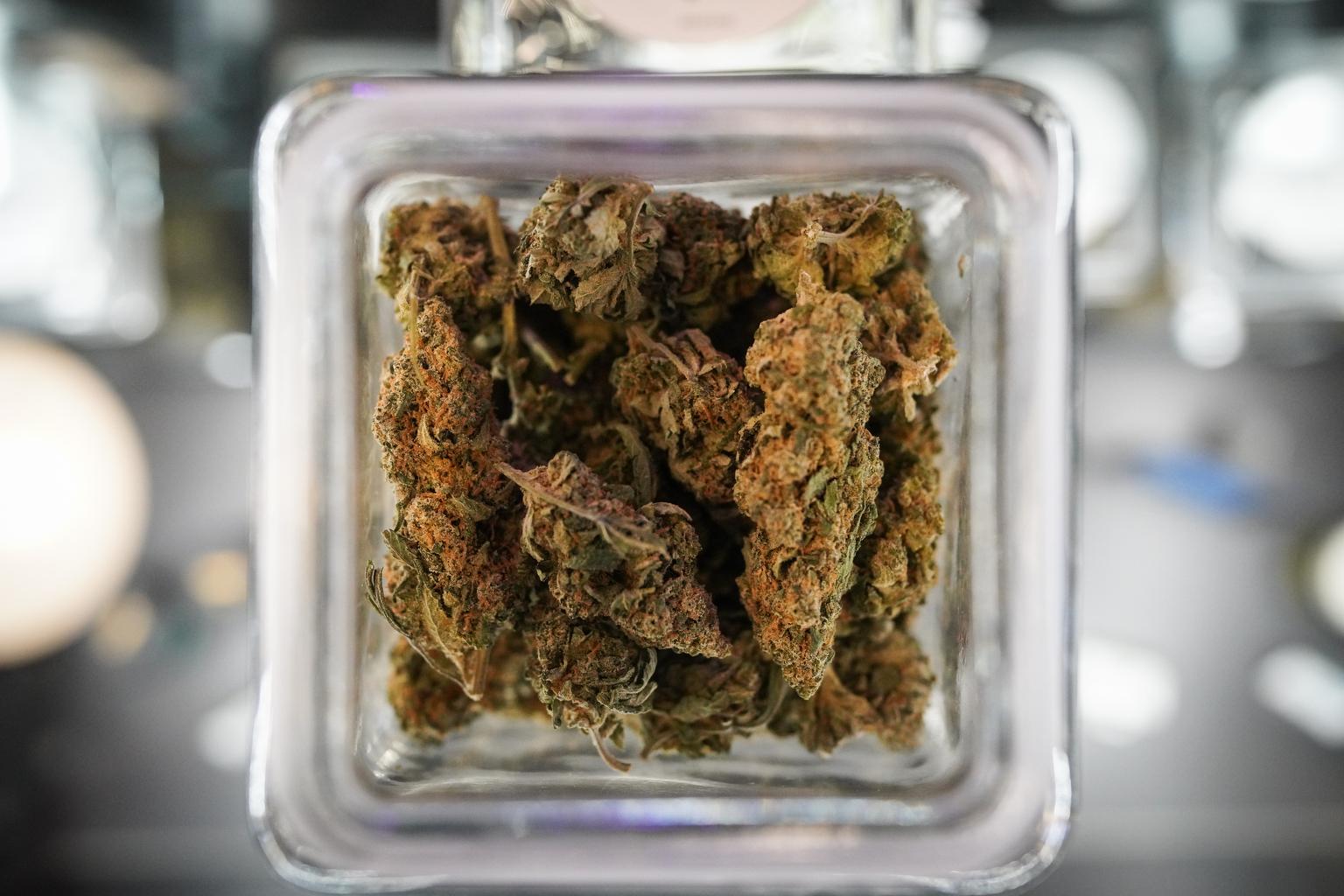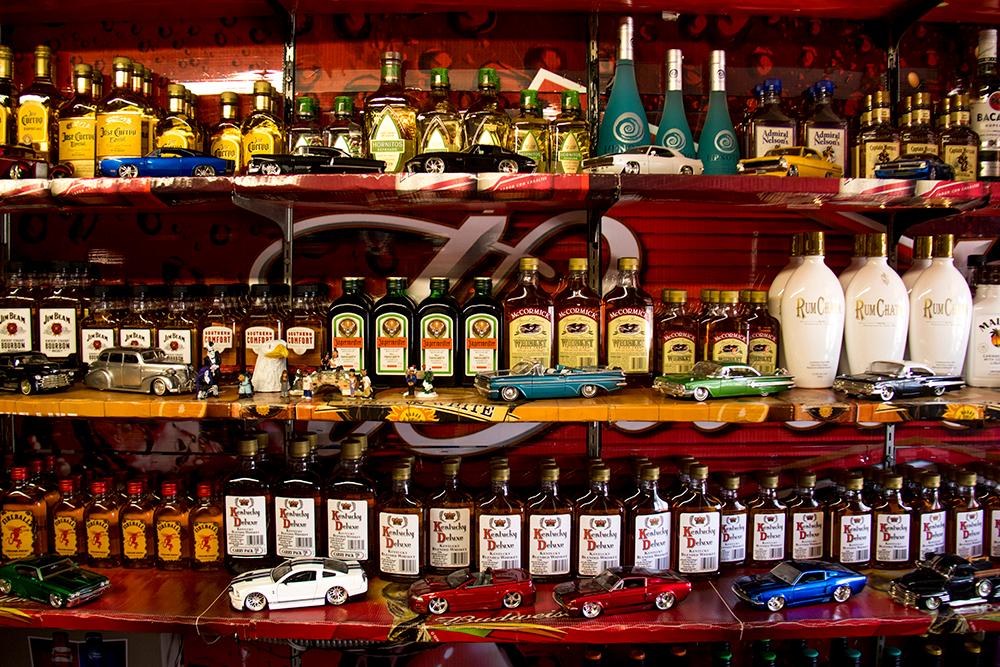
Peak Curiosity is a community-driven reporting series from 91.5 KRCC. We ask listeners to submit their questions about the Pikes Peak region and Southern Colorado, and then we answer them.
For the latest installment of our listener-driven reporting series, Peak Curiosity, we heard from Erin Finkle of Florissant. She had a question about a beloved local institution that closed in 2017 following revelations of water contamination in the Widefield aquifer.
"I was just wondering about Venetucci Farm, because of the water situation, and what’s going to become of the farm," asks Finkle.
Situated on roughly 200 acres just south of Colorado Springs, Venetucci Farm has been a fixture in El Paso County for decades. Bought by an Italian immigrant family during the Great Depression, the farm became known over the years for a signature event: the annual pumpkin giveaway.
Each fall, the farm gives away thousands of pumpkins to local kids. It’s a tradition that began under longtime owner and farmer, Nick Venetucci, and, along with other produce once grown there, it helped establish the farm as mainstay of the community.
"Whether you grabbed pumpkins there as a kid, whether you remember Nick Venetucci going up Wood Avenue in a cart selling corn, I mean this is a part of our community’s fabric," says Sam Clark, director of philanthropy at the Pikes Peak Community Foundation.

The non-profit took over management of the farm in 2006, when Nick’s widow, Bambi Venetucci, deeded it the property. By that time, most of the agricultural production on the farm had ceased. So the foundation hired Susan Gordon and her husband Patrick Hamilton to start growing on the land again.
"We thought it was important that the farm grow food for the community, but also engage people in meaningful ways through volunteer experiences," Gordon explains.
Under Gordon and Hamilton, the farm continued the pumpkin giveaway, but also expanded educational offerings to include workshops on everything from canning to making goat cheese. And then there were the vegetables: sustainably-grown, and sold at farmers markets, through CSA shares, and to local restaurants.
"Yeah, so, we put a lot of food into the community," remarks Gordon.
But all that changed in May of 2016, when it was revealed that the farm’s main water source, the Widefield aquifer, contained elevated levels of potentially toxic chemicals known as PFCs. The revelation was "devastating," says Gordon.
It’s unclear how much plants absorb the chemicals, but the farm eventually froze vegetable production out of an abundance of caution. On top of that, Sam Clark says the contamination threatened another crucial source of revenue.
"Most of that production was funded by the water lease that the foundation has, through the farm, with the Security and Widefield water districts," he explains. "They pay the foundation every year for the right to pump water out of the Venetucci wells."
Clark wouldn’t say exactly how much money the leases brought in, but calls it the “lion’s share” of the farm’s revenue.
"I believe that things need to be growing there," says Dave Anderson.
In the fall of 2017, the leases were suspended due to the contamination. It was at that point that the Community Foundation decided to lay off Susan Gordon and the rest of the farmers and reevaluate the long term options for the property.
"Obviously there are a lot of unknowns with Venetucci," says Jake Eichengreen, executive director of the Quad Innovation Partnership, which helps connect students from the four main colleges and universities in Colorado Springs with projects in the area that need support.
The Community Foundation has asked the Quad to lead a study of Venetucci Farm, with the goal of determining how best to use the property going forward.
"Dozens of ideas have been tossed at the farm, ranging from organic agriculture to bird watching to a fall events center to just pumpkins," says Eichengreen. Over the next year, he says the Quad will do research and collect community feedback about the farm, asking whether different approaches will be both financially viable and in keeping with the legacy of the property.
He explains that the project will be guided by the principle question of, "what uses mesh appropriately the community’s vision, the Foundation’s vision, and the practical realities of a parcel of land that has water contamination issues?"
But not everyone’s convinced the process will lead to an acceptable result. Dave Anderson heads a group of a few dozen local community members who are concerned about the farm.
"I believe that things need to be growing there," he says.
So far, Anderson says he’s not been satisfied with the level of input the Community Foundation has accepted about the property. But he’s hopeful that the Quad’s research process will be transparent and thorough.
"Our intent is to make sure that everybody in the community of interest knows exactly what’s going on, and to make sure that the quad has all of the information that can be shared," he explains.

For the moment, the farm is in limbo. Some of the fields are dormant. Others are green with alfalfa grass, which should help keep the soil healthy, if and when the farm resumes vegetable production in the future.
On a windy April day, looking out over the fields, Sam Clark says he’s sorry to see the property so quiet.
"These are our natural spaces," he says, "these are our natural resources, and when something happens to them, this is part of the consequence of it. That being said, I also see green fields and I feel a lot of optimism about what this place is and what it will continue to be."
In keeping with tradition, the farm will give away pumpkins again this fall. It’s also open for guided birdwatching. But it’s too early to say whether we’ll see Venetucci veggies at local restaurants and farmers markets anytime soon.
Disclaimer: Colorado College participates in the Quad Innovation Partnership, and is also 91.5 KRCC’s licensee.








